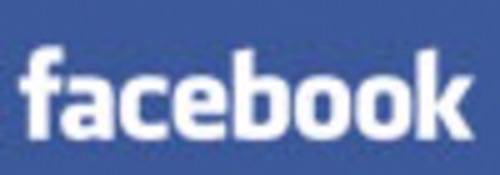According to yesterday’s article in the Guardian, the three largest social networks in the U.K., MySpace, Facebook, and Bebo, all experienced large drops in membership between December, 2007 and January, 2008. Is this one month of falling numbers a fluke or have the networks reached a plateau? Says, Alex Burmaster, Nielsen Online analyst, “One month of falling audiences doesn’t spell the decline of Facebook or social networking. However, most of the leading social networks are less popular in the U.K. than they were a year ago.”

Losses By the Numbers
According to the article, Facebook saw a 5% drop between December, 2007 and January, 2008, but still had 8.5 million users in January. This keeps Facebook in the number one position as the most popular social network in the U.K. However, after 17 straight months of growth, this drop of 400,000 users, is the first on record for Facebook in the U.K.
MySpace also lost 5% drop in traffic between December and January. They are still the number two social network in the U.K. with 5 million unique users.
Bebo only saw a 2% drop, and ranked third with a total of 4.1 million users.
Growth Rates at an End?
These drops in growth, if anything, point to the fact that the massive growth rates the networks were experiencing could not be maintained indefinitely. For example, Facebook’s audience is 712% bigger than it was in January of 2007 and Bebo saw a 53% increase in the same period. I would argue that these numbers point to the networks being more popular, not less, than they were a year ago, so I’m not sure what Burmaster meant in that earlier statement unless he was solely referring to growth rates.
However, Facebook and Bebo’s growth may have come from MySpace’s loss. The News Corp. giant actually saw its number of unique users fall by 9% since January, 2007. Says Burmaster, “Growth among the big players looks to be more about getting people from their competitors, not attracting new people to social networking.”
Does these findings foretell a saturation point for social networks? Or are the networks just not that cool anymore now that everyone uses them? In a BBC News article on the subject, Nic Howell, deputy editor of industry magazine New Media Age claimed, “Social networking is as much about who isn’t on the site as who is – when Tory MPs and major corporations start profiles on Facebook, its brand is devalued, driving its core user base into the arms of newer and more credible alternatives.”
Interestingly enough, the exodus from the larger networks may have had an impact on some of the smaller networking sites that grew during the month of January. Less trafficked social networking sites like Windows Live Spaces, which just launched a refreshed version with some Facebook-like features, saw a rise in number of users at this same time. Other U.K.-oriented sites like BBC Communities and Friends Reunited also saw growth in January.
Update: A Facebook spokesperson contacted me this afternoon with the following: “The number of users for Facebook continues to climb in the UK. Our internal monthly active user numbers rose between December and January in the UK and are now at more than 8.3 million. Facebook tracks active monthly users, rather than registered user or unique visitors. Active users reflect those who have used the site in the past 30 days.”
In other words, “you’re measuring the wrong thing.”





















